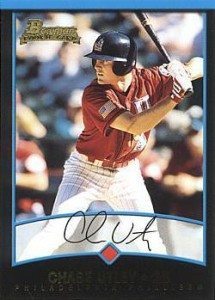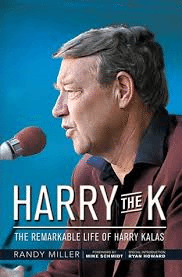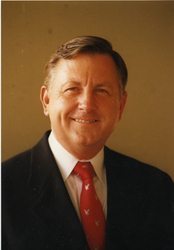
Pitcher George Culver’s major league career spanned from 1966-74. His moment of glory as a Reds hurler came on July 29, 1968. The right-hander twirled a no-hitter against Philadelphia, the team he concluded his career with.
The inning-by-inning results only hint at the drama, which included a pitcher who started the DAY with an upset stomach.
George showed his gratitude after the no-hitter, writing the home plate umpire Harry Wendlestedt a thank-you note!
Ironically, that same 1968 season, he led the league with 14 hit batsmen.
What did he remember about his no-hit batterymate? And, did batters start crowding the plate after his no-hit success?
Culver’s reply:
“Tom,
Thanks so much for your interest in my career.
1. The catcher is crucial to any pitcher in any game, good or bad. The reason Pat Corrales caught the no-hitter is because it was the second game of a doubleheader and Johnny Bench had caught the first game and needed a rest. They were both great defensive catchers and I enjoyed throwing to either of them. But because Bench was obviously the regular catcher, I ended up throwing more to him.
2. I wasn’t really wild, but the main reason I led the league in hit batters was because I was known for having a pretty good slider. So right-handed hitters would get caught leaning out over the plate looking for a slider and would get hit with a fastball inside.”
Culver’s enduring fame is found at his grateful alma mater. He’s raised funds and awareness for the baseball program at Bakersfield College. He may be 66, but Culver never will be a guy to lean over the plate against.
This blog post appeared back in 2010. In the past decade, Culver has been a TTM autograph collector’s best friend. He never gets tired of affixing “7/20/66” on request when signing. (But, hey, if you were a no-hit pitcher, wouldn’t you want to tell the world?)




